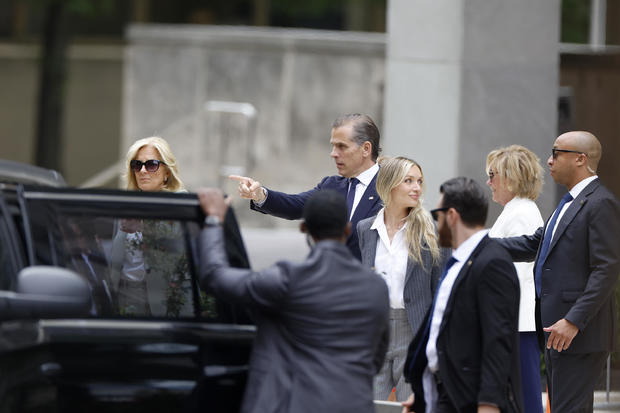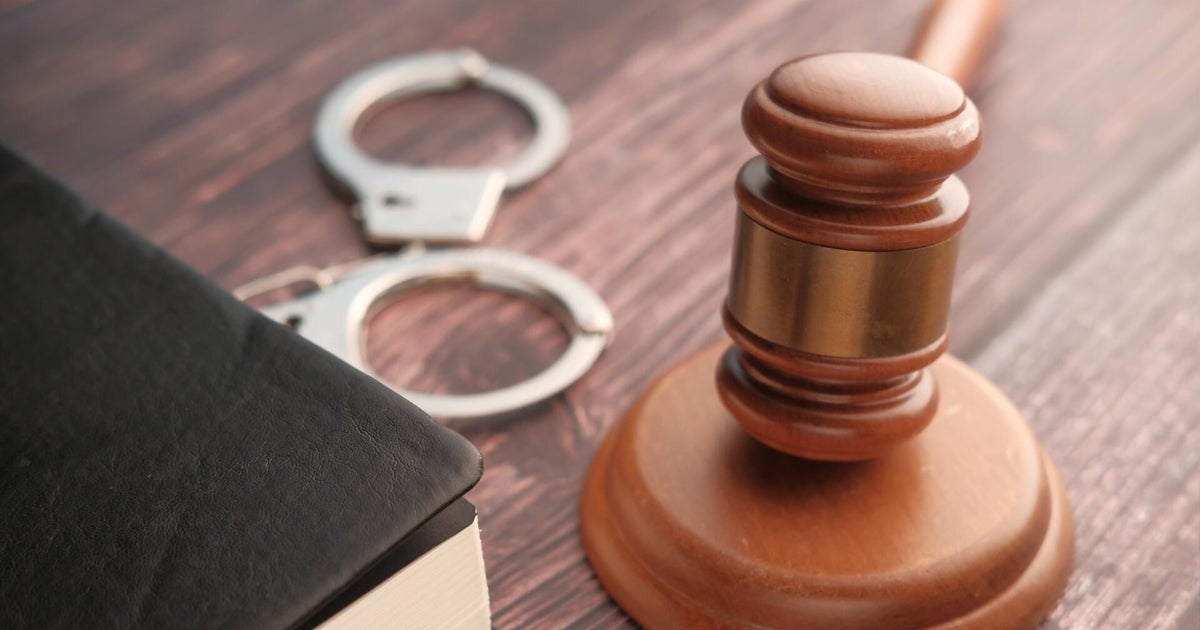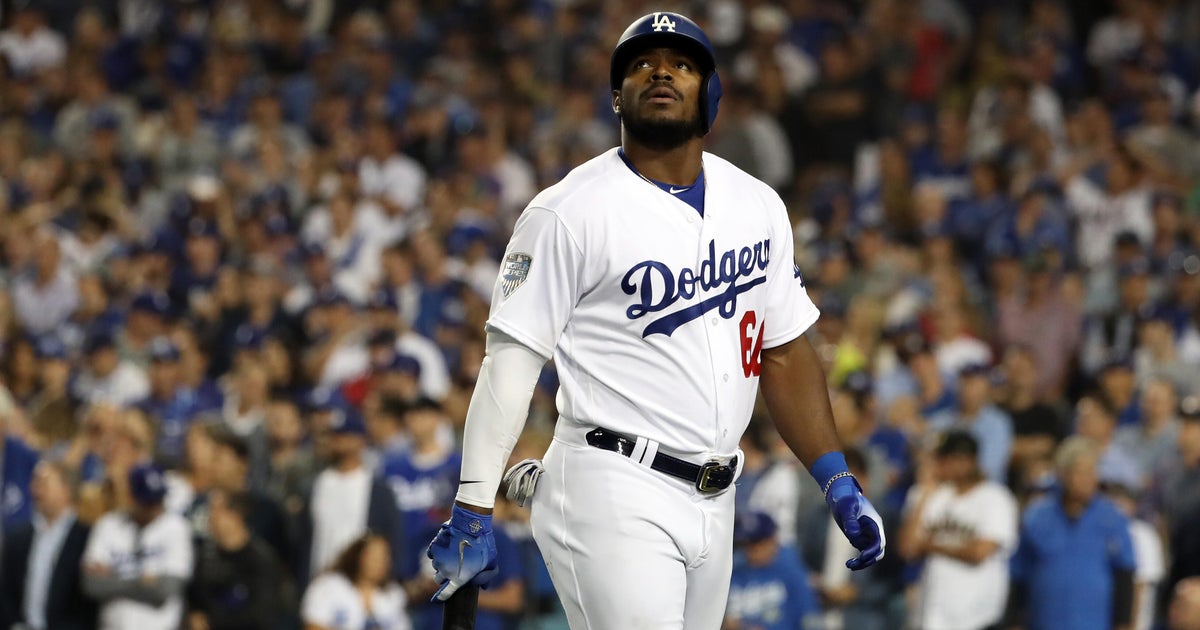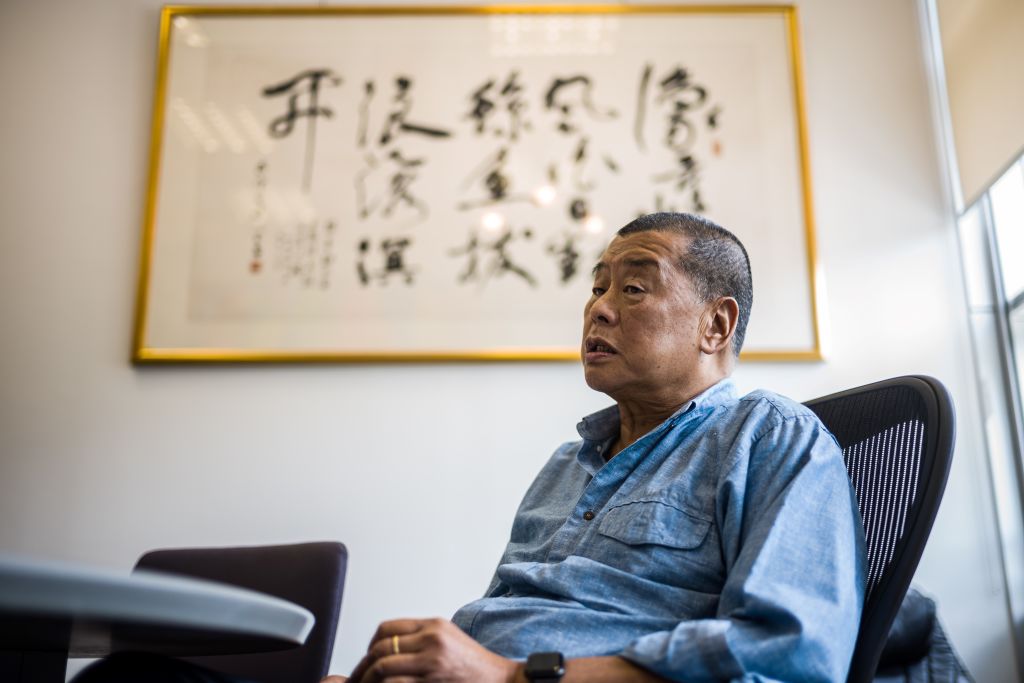Is Hunter Biden going to prison? What to know about the possible sentence after his conviction
Washington — Hunter Biden was convicted Tuesday in the federal gun trial, and now a judge will have to determine whether the president's son should be imprisoned for the felony conviction.
Hunter Biden was convicted by the 12-person jury of two felony counts for making false statements on a federal gun form about his drug use, and one count for owning a gun unlawfully during an 11-day period.
The three felony counts carry up to 25 years in prison and a fine of up to $750,000. But whether the president's son is sentenced to prison — an outcome that could have been avoided with a plea deal that fell apart last year — remains to be seen.
When Biden will be sentenced and what to expect
Judge Maryellen Noreika estimated that sentencing would occur 120 days after the conviction, when she will determine whether Hunter Biden will face jail time, though she has yet to set a firm date.
The judge will likely consider a number of factors, including that Hunter Biden is a first-time offender.
Tom Dupree, a former principal deputy assistant attorney general in the Justice Department, told CBS News that he does think Biden will be sentenced to prison, but more likely for a year or two, rather than a longer sentence.
Some legal experts have argued that the charges brought against Biden are rare, making the sentencing in the case difficult to predict.
Jessica Levinson, a law professor at Loyola Law School, told CBS News that it's rare for the charge to be brought as a standalone charge. And she added that she doesn't expect that the president's son will face the maximum sentence, or that the prosecution would ask for the maximum sentence. Levinson noted that "nobody should expect" to see the president's son "behind bars for a quarter century," though she made clear that some prison time is likely.
Ankush Khardori, a former federal prosecutor, wrote in Politico Magazine that gun charges are the "bread and butter" of federal prosecutors, but he explained that "these cases almost always result in convictions, but they usually end in plea deals, not jury verdicts."
Hunter Biden was set to plead guilty to misdemeanor tax charges under the plea deal, along with a pretrial diversion program on the gun charges.
Special counsel David Weiss, who brought the case against the president's son after a plea deal fell apart, said after the verdict on Tuesday that "no one in the country is above the law," adding that "everyone must be accountable for their actions, even this defendant." But he made clear that the principle applies both ways.
"Hunter Biden should be no more accountable than any other citizen convicted of this same conduct," Weiss said. "The prosecution has been and will continue to be committed to this principle."
Could President Biden pardon his son?
Though Mr. Biden could theoretically pardon his son, the president said last week that he wouldn't do so. In an interview with ABC News, Mr. Biden said "yes" when asked whether he had ruled out a pardon for his son. He also said he would accept the verdict in the trial regardless of the outcome.
But the legal proceedings will likely continue, since Biden can appeal, likely raising a defense on Second Amendment grounds.
After the verdict, the president said in a statement that he "will accept the outcome of this case and will continue to respect the judicial process as Hunter considers an appeal."
Scott MacFarlane contributed reporting.




